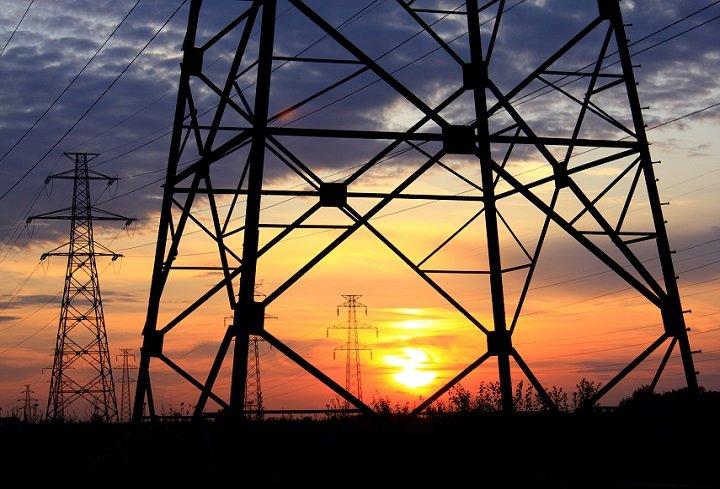The Evolution of the Utility Business Model: The Obstacle is the Way

The electric grid is complex. Billions of electrons traveling through millions of miles of wires to thousands of substations to deliver the conveniences and technologies that improve our quality of life and power our economy. The grid was named the singular technological achievement of the 20th century by the National Association of Engineers, ahead of phones, TVs, computers, and air conditioning. None of those advancements would have been possible without electricity and the grid that coordinates its flow.
If the 20th was the century of electricity, the 21st is the century of data. Practically limitless amounts of data are available all the time. In real time, the two are converging. Nearly every utility and regulator is exploring “grid modernization.” Much of the discussion is around upgrading infrastructure, but a major part of modernization is also using data to streamline and improve operations.
Increasingly, utility executives, strategists, and planners are viewing homes and businesses as nodes on the grid. Customers, and the buildings they live, work, and play in, are no longer mere recipients of electricity from the grid: they are participants. Very few people have time to adjust their energy usage, but in the era of data, automated intelligence, machine learning, advanced sensors and controls, and voice recognition, they don’t have to.
Imagine for a minute a future that isn’t far off. Homes and buildings are highly energy efficient. Solar panels and electric vehicles are common. Battery storage is economical and widespread. Homes routinely have smart thermostats, smart appliances, smart charging for EVs—smart everything. Billions of dollars are saved by avoiding the need for expensive generation, transmission, and distribution infrastructure and customers have greater control over their lives.
One utility CEO used to say this was his dream. Empowered customers, saving money and energy while gaining convenience and control, would also lead the evolution to a decarbonized system. It was his dream—and his nightmare. What would the utility sell if customers are generating power while using less of it?
This future doesn’t have to be bleak for utilities. In the words of the Stoic Marcus Aurelius: “What stands in the way becomes the way.” What if empowering customers to use energy more efficiently could create ways for utilities to make more money. I co-wrote a paper on this topic with investment banker Peter Kind titled simply: Lower Spending, Higher Returns. It is possible that utilities can earn more by selling less energy, if they increase the value and services they bring to their customers and if regulators encourage them to do so? And why wouldn’t policymakers want this? If overall costs are lower and customers are happier, why wouldn’t utilities be allowed to earn more?
This regulatory piece is foundational. Without it, utilities have little incentive to accelerate lower cost, higher customer empowerment scenarios.
Many states have made moves in this direction, but Hawaii just exceeded them all. This week, the Hawaii legislature passed, and the governor signed, a bill to “break the link between utility revenues and capital investments.” Instead, Hawaii utilities will earn based on a variety of performance metrics including “Customer engagement and satisfaction including ‘options for managing electricity costs.’” They’ll also earn incentives for encouraging third parties like Amazon, Tesla and SolarCity, Google and Nest, and thousands of other companies that bring solutions to their customers.
Many other states are taking similar actions. Utilities and regulators are beginning to realize the very things that threatened the utility business and regulatory model could be its way forward. The obstacle is the way.
Note: This article was inspired by Ryan Holiday's excellent book The Obstacle is the Way.
PS: Next month, I’ll keynote the Alberta Energy Efficiency Summit in Calgary and participate on a panel at the Grid Modernization Forum in Chicago to talk about these topics. If you’ll be there, please send me a note so we can connect.